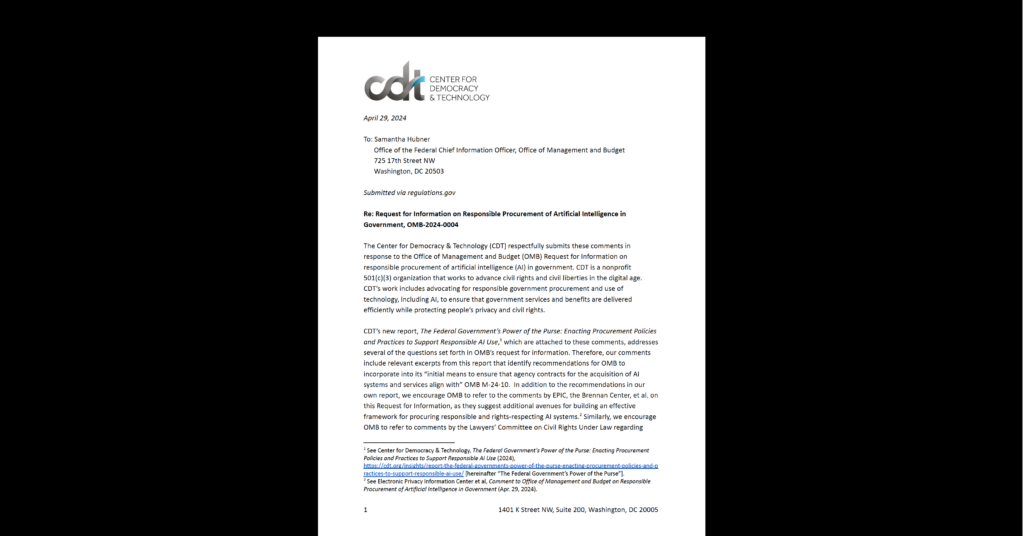ISPs and Copyright Owners Strike a Deal
Today, after over two years of periodic rumors and reports that something like this was in the works, major ISPs joined RIAA and MPAA in announcing an agreement to cooperate on a system of escalating “copyright alerts” to suspected infringers.
Today’s agreement has the potential to be an important educational vehicle that will help reduce peer-to-peer online copyright infringement. Whether it will meet that promise or instead will undermine the rights of Internet users will depend on how it is implemented.
By focusing on alerting and informing Internet subscribers about illegal downloading associated with their accounts, the agreement appears to put the emphasis on educating Internet users rather than punishing them. There are multiple rounds of alerts, and ISPs retain substantial discretion to determine when and how to respond if alerts are repeatedly ignored. There are also safeguards intended to minimize the risk of mistakes. This kind of voluntary, notification-centric approach sidesteps many of the serious concerns that would be raised by government mandates, the adoption of new snooping or filtering technologies, or a draconian “three strikes” approach centered on disconnecting Internet users.
The impact of the agreement for Internet users, however, will depend on how it is implemented in practice. In particular, while the agreement does not require ISPs to suspend any subscriber’s Internet access, CDT is not happy that “temporary restriction” of Internet access is included on the agreement’s menu of possible “mitigation measures.” Given the importance of Internet access in today’s world, we believe that it would be wrong for any ISP to cut off subscribers’ Internet access, even temporarily, based on allegations that have not been tested in court. We are hopeful that the ISPs will not choose to go down this path.
In addition, ensuring that alerts reach the actual responsible subscriber (e.g., the parent in a household) will be a difficult challenge. Many methods of notification risk not being read or, if delivered directly to the computer, being read (and ignored) by the teenage file sharer rather than the parent. Finally, it remains to be seen how effective the agreement’s safeguards, including the appeal process available to accused infringers, will be in ensuring that innocent users are not wrongly targeted.
CDT believes that an effective system for notifying and educating Internet users about infringement associated with their accounts can go a long way towards reducing online infringement. We will be watching closely to see that this agreement achieves that purpose without unfair or disproportionate consequences for Internet users.


